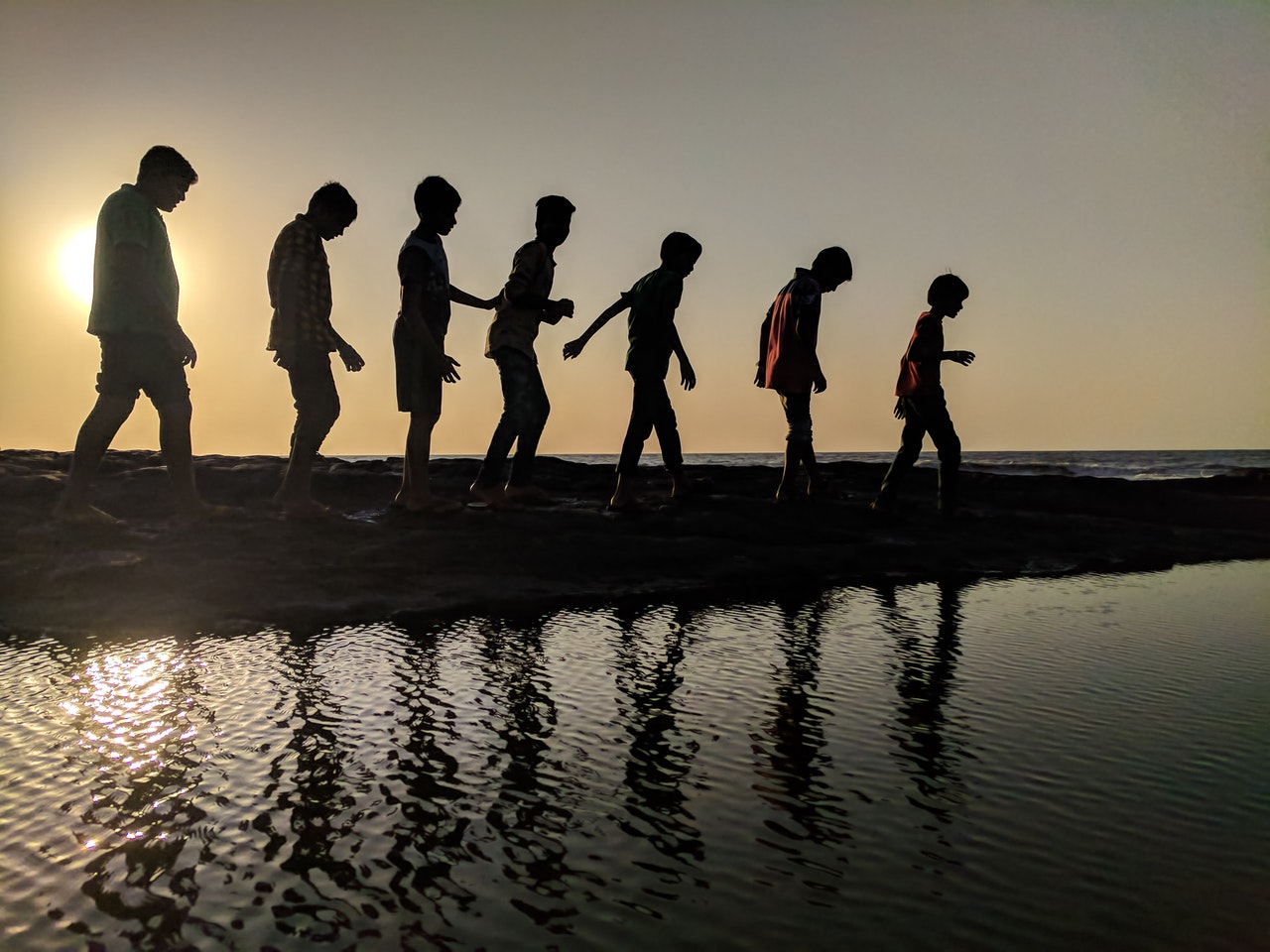
If you were raised in a home where one or both parents were alcoholics (or even addicts), you are probably an Adult Child of an Alcoholic (ACOA). ACOA’s are a group of individuals who have unique, and sometimes dysfunctional ways of living and behaving due to their upbringing. There are also some specific family roles ACOA’s may take on when they are growing up.
When you live in a home with an alcoholic or addict parent, life may feel unpredictable. You may feel that you walk on eggshells all of the time. What was okay yesterday may not be okay today. ACOA’s may avoid conflict because there was so much in their family of origin. They may struggle to be in any sort of relationship due to the mixed messages they received growing up. ACOA’s may feel more comfortable in chaos instead of stability. They often have a lot of shame and negative self-worth.
The following are some family roles you may take on as a child of an alcoholic:
Hero
This child in a family is the “perfect” child. They may be the oldest, but not always. The Hero child is good at everything—grades, sports, activities. They present to have it all together. They are serious in nature and very goal-oriented. Hero children often have to grow up faster than most children. They feel responsible for the parent who has the addiction, as well as their siblings. They may take on the role of the second or third parent, depending on the family dynamic.
Hero children inside feel inadequate and not good enough. They battle perfectionism and shame as children and into adulthood. Hero children struggle with intimacy as they get older. It may be hard for them to let their guard down and fully trust others. They may also struggle with negative self-worth and self-esteem.
Mascot
The Mascot child is the comedic relief. The Mascot is sometimes the youngest, but not always. They have a good sense of humor and try to keep things light. They are often the class clown. Their role in the family system is to diffuse stressful and serious situations in the household. Their humor helps distract from the alcoholic and their problems.
Mascot children as adults can struggle with fear and anxiety. They may have known things were not okay growing up, but felt crazy because no one acknowledged it. They may feel insecure and unworthy as adults. Mascot children may also deny their own feelings, since they were never validated growing up. Mascot children as adults may be very unaware and detached of how they feel.
Lost Child
The Lost child is simply overlooked. Oftentimes they are the middle child, but not always. This child is quiet, a loner, and introspective. They stay to themselves to avoid any conflict within the family system. They are a good listener and often observe the behavior of others. Lost children often get little to no attention from their parent or their siblings.
Lost children struggle with feeling forgotten. They may grow up to have negative self-worth, anxiety, and depression. They may struggle with awareness of their own thoughts and feelings. Since they were overlooked, they may have difficulties being in relationships of any kind, or feel unworthy of love or affection. These adults may struggle just to have friendships, let alone any kind of romantic relationship.
Scapegoat
This child is the problem child, also known as the “trouble maker”. They are risk-takers, independent, and always into something. They rebel against the family system. Their problems distract the family from the alcoholic’s problems and behaviors. They may be angry, withdrawn, and oppositional. They may get pregnant, get into drugs, or fail out of school. Scapegoats are considered to be the “screw up”. The family may rally to try to help the scapegoat, which continues to take the focus off of the alcoholic parent and onto this child.
Scapegoat children act out because of the dysfunctional family system. The problem is, many people don’t understand that and just see a rebellious child. Scapegoats feel alone, and don’t know where they fit in the family. As adults they may continue to make self-destructive choices and struggle with intimacy of any kind. Deep down they have a lot of shame and blame themselves for things within the family system.
Codependency
If you are in a relationship of any kind with someone who struggles with alcoholism or addiction, you may be the co-addict (also called codependent). It’s extremely common for ACOA’s to battle codependency into adulthood. When you are trained to accommodate someone else who is in active addiction, you learn to over-extend yourself to keep peace. Your own wants, thoughts, needs, and desires get put on the back burner. This unhealthy pattern may continue into friendships and romantic relationships as well.
Codependency means that you struggle to set appropriate boundaries with others, you won’t say no to others, you put others’ wants and needs above your own, and you parrot other’s emotions. You may struggle with control and solving other people’s problems that are not yours to solve.
Codependency is so intertwined with ACOA roles. If you have ever been in a relationship of any kind (partner, friend, child, a parent) with someone who battles addiction, there is a chance you have fallen into some codependent patterns of behavior.
If you find yourself reading and believe you may be an Adult Child of an Alcoholic (ACOA), please reach out for help! There are many resources to help you process your upbringing and find hope and healing. One of the best resources is to attend an ACOA meeting. You can find a local meeting at the ACOA Website.
Written by Christy Fogg, MSW, LCSW
*Christy Fogg, MSW, LCSW is a licensed therapist at Journey to Joy Counseling. Christy enjoys doing marriage/couples counseling, individual counseling, premarital counseling. She also provides family counseling, teen and adolescent counseling.
Journey to Joy Counseling serves the Indianapolis area, including Carmel, Fishers, Noblesville, Zionsville, and Westfield.



